Part 1: The Genesis of a Musician
- To start, could you take us back to the very beginning? What was your earliest memory of music, and what sparked that initial passion to create it yourself?
My dad is a guitarist and he and my mom both loved music. They exposed my brother and I to a lot of Classic Rock music, especially deep cuts, and things like Motown while my grandparents showed us Country music and Bluegrass. My mom, brother Carl and I saw Ted Nugent when I was about 14 and I’ll never forget watching DVD’s of rock concerts in my parents living room. My brother started playing guitar first and he told me that I was going to play drums. After I got a drum kit I was hooked. Started playing guitar after, then bass and a few other instruments. I just love it.
- Were there any specific artists, albums, or even non-musical influences that were pivotal in shaping your sound during your formative years?
I was a sponge to all kinds of music. Though I never achieved their ability in my own estimation I look back on the bands that I loved in my formative years and it’s all over the place. I loved Stevie Wonder, Faces, Frank Zappa, Deep Purple, Ozzy, Avenged Sevenfold, Pink Floyd Primus, all kinds of 90’s country bands, Buck Owens and Motown groups like the 4 Tops.
- What instrument did you first connect with, and what was that learning journey like? Any memorable struggles or breakthroughs?
I started on the drums. I had it pretty rough at first because I was expected to be as good as my older brother’s friends that had been playing for about a year. It was a real trial by fire moment. I injured my wrists and wanted to continue playing music so I decided to learn guitar. I found there were a million guitar players in the little town of Stockbridge, Michigan and I was asked to learn bass. At first I was kind of bummed out because I thought it was a demotion but what I found was that it was basically combining drums and guitar together. Bass is now far and away my favorite instrument to play to this day. I just love it.
- Beyond practice, what were some of the key experiences (e.g., open mic nights, garage bands, formal training) that truly developed you as a musician?
I would spend many hours a day practicing and honing my craft. There was no YouTube lessons at that time or at least it wasn’t what it is now so my cousin Eddie and I would get guitar player magazine and the like to study/learn music theory. Bouncing ideas off of each other proved to be unbelievably valuable to both of us. It allowed us to grow quicker and push each other to grow. The basement door at my parents house was always open and a revolving door for pretty much anyone that wanted to play. We would shed for hours. When I went to college at Washtenaw Community College I was blessed enough to learn from John E. Lawrence and he opened my mind to how a band should operate and what a guitar was truly capable of. He was the type that could play the rhythm, chords, melody and solo all at the same time. It was and still is hard to believe but I saw it and realized what was possible.
- What was the moment you realized that music was more than just a hobby for you – that it was something you had to pursue professionally?
Music is one of the things I’ve always loved. It’s honest and true. If you put x amount of hours into music you will become that much better. It won’t lie to you. I love that. Having said that, I never really had a moment where I thought about pursuing it professionally. I just love it so much that I can’t imagine a life without it.
Part 2: The Creative Labyrinth
- Could you walk us through your typical songwriting process? Do you start with lyrics, a melody, a rhythm, or does it vary?
Songwriting for me is weird. Sometimes the song starts with the lyrics, sometimes a chord progression and sometimes a melody. I don’t really feel like I write the songs. They are a gift from God. I hear a melody or the chord progression and I need to be good enough at my instruments to know how to play what I hear. You never know when you’re going to get a gift so keep your phone on you to record it in the moment because once it goes away it’s gone
- Where do you find your primary sources of inspiration for your lyrics and compositions? Are there specific themes or experiences you often gravitate towards?
Most of my lyrics anymore are faith based. I have 2 groups, Morel Compass and Jake Kitley. Jake Kitley is used for Gospel songs so they’ll be completely faith based but even in Morel Compass I want the listener to hear the lyrics and take away a message from them. I love writing the truth as well because people gravitate to it and resonate with it. As far as the compositions I write all kinds of stuff but usually it will end up being kind of Garage Rock-y. That’s what I like. I like Rock n Roll. So while there may be odd times and weird measures going on to me it’s usually gravely vocals, distorted guitars and slamming drums. That’s what I gravitate towards.
- How do you overcome creative blocks? Do you have any rituals or techniques that help you push through those moments?
If and when you hit a creative wall or writers block it’s time to take a break on that particular project/song whatever. The song should write itself so if you get stuck put it on pause and work on something else. Redirecting your focus will allow you to keep making progress and not get crushed under the weight of, “not doing anything”.
- When you’re creating a new track or album, what’s the biggest challenge you typically face, and how do you navigate it?
I write, record, mix and master, and promote all my songs by myself. It’s always challenging because when you finish one step it’s immediately on to the next. There is no break so to speak. And honestly no one can be the best at all of these steps. Some definitely, most maybe, but all… no. The next biggest challenge is the hurdle all artists must overcome which is the financial hurdle. The industry is not set up for you to win on your own so you must do it because you love it and find creative solutions to many different problems that will arise.
- Is there a particular song you’ve written that holds the most personal significance to you, and why?
While I don’t believe any song is perfect, the song, “I Can’t Deny” by Morel Compass is one that stands out. It was a point where I had just come to the Christian Faith in any real and meaningful way. I knew that I should be doing something different or more but didn’t know what that was really. I felt like I couldn’t escape the evidence of my failures. It was the first time I got a decent mix on a song. Most of the people that follow me because of my music found that song first. It means a lot to them and it means a lot to me.
- How do you know when a song is “finished”? Is there a point where you just feel it’s complete, or is it an ongoing process of refining?
I don’t know when a song is finished as far as mixing. I know when I can’t make it sound any better than it does right now haha. I take a break for a few days and listen again. If it’s still good we’re good to go. When writing a song you know it’s done when the song is complete. You will have the sense that there’s nothing more to do. Trust your gut and don’t let perfection be the enemy of good.
Part 3: The Performer’s Perspective
- What’s your favorite part about performing live? Is it the energy of the crowd, the connection with your bandmates, or something else entirely?
The thing I love the most about performing live is the energy you feel from the audience. They get to pour into you. If you’ve never played live but get the opportunity to take it. It’s wild. The energy is electric.
- Describe your ideal performance venue. What elements contribute to making a space feel perfect for your music?
I love small venues. I like them because of the intimate feeling. I’ve never played a huge venue and while they have a time a place 3-500/1000 is special.
- Have you ever had a performance where everything went wrong, and if so, how did you handle it? What did you learn from that experience?
The second gig I ever did was for someone’s birthday at a warehouse in Detroit. We didn’t pull permits to do it so the cops showed up. Twice. Fortunately they let us go, however I was like 17 at the time and when a bunch of bottles of booze got thrown in my bass drum then I had to walk past a bunch of Detroit’s finest click clackin along I nearly passed out.
- How do you prepare yourself mentally and physically for a big show or a long tour?
When you play live you need whatever it is you’re playing to be second nature. Something unpredictable is going to happen 100% of the time. You need to be able to cleanly play your songs while the madness happens. Practice practice practice until you can’t make a mistake. Then when the adrenaline starts pumping you might make it 85-90% right which if we’re honest the people are paying to see you perform. Give them a good show. They deserve it.
- Beyond the music, what kind of experience do you hope to create for your audience when they come to see you perform?
If I’m able to point people to Christ through my songs I would love that. Maybe not even with my words but with my actions and lifestyle. It’s the best thing I’ve ever done with my life. Secondly I want people to enjoy themselves when they see me play. Life is hard, man. I’ve had multiple people reach out to me and say my silly videos online or my music has kept them around. That’s a very humbling conversation.
- If you could collaborate with any artist, living or dead, who would it be and why? What kind of music do you envision creating together?
Most of my favorite musicians are still around and are bassists. I actually composed an album for all bass guitar and drums where I was going to collaborate with 12 of my favorite bassists. I wrote all the songs and couldn’t come up with the funds needed to see it through. The guys that were interested were people like Bubby Lewis, Trip Wamsley and John Ferrara. I would still like to see it happen someday but it seems now is not the time.
Part 4: Industry Insights & Evolution
- How do you feel the music industry has changed most significantly since you first started?
The music industry is way different now that it was even 15 years ago. People still bought physical media like CD’s and now the only real physical media is merch. You may press vinyl occasionally but 1,000,000 streams does not pay like 1,000,000 cd’s sold would have.
- What’s your take on the role of social media and streaming platforms in a musician’s career today? Do you see them as more beneficial or challenging?
You have to create on social media. Even if it’s only posting about your songs you need to post. Before you could sign with a record label and sell cd’s then go on tour and make okay money. Enough to live off of. Now after you get your advance you probably won’t see much more money after that. So while it’s tempting when you see a bunch of 0’s on check, consider the real cost especially when looking long term. Social media can give you some influence while allowing you to retain the royalties to your music. I used to hate it because I thought I had to be somebody else to post but have recently started doing much better when posting stuff I like. Let the algorithm find your people and be yourself. Then it becomes much more fun and I enjoy posting now.
- What’s the most valuable piece of advice you’ve received about navigating the music business?
Keep the rights to the songs you write.
- If you could change one thing about the current music industry landscape, what would it be and why?
Paying artist’s living wages. Everyone benefits from art but society at large seems to think that artist shouldn’t get paid until they are mega stars. It’s kind of strange to me that people will go support an international artist and spend $200 a ticket or more but won’t buy their favorite indie artist’s new song that they love on bandcamp for a dollar.
- How important is direct fan interaction to you, and what are some of your favorite ways to connect with your audience?
I love interacting with my fans. I do live streams on tiktok occasionally and honestly people just message me on social media regularly and I try to get back to everyone. It’s hard but I am grateful for all the people that enjoy what I do and reach out.
- What are your thoughts on independent artists versus major label artists in today’s climate?
I think the record industry is folding fast. They can still offer advances, which is a super high interest loan, however I would strongly recommend having an entertainment lawyer read it over before you sign anything. We are at a point now where it makes more sense to me to stay independent. I try to tell everyone that will listen to stay independent. No you won’t have as many open doors at the beginning but you will own the rights to your songs and there are weird things in entertainment contracts. What it says isn’t always what it says. Please have a lawyer read through it before you sign anything and be very skeptical. While they may seem friendly they aren’t your friend. If you’re ever blessed enough to be in that situation they will likely hit you with a high dollar front loaded contract and then try to schmooze you with so many compliments. Be careful and understand if you’re talented enough to be on their radar you’re talented enough to make it without their shortcuts
- When you’re not making music, what do you enjoy doing to relax and recharge?
I love spending time at my church, in my bible, in nature, fishing, archery and just enjoying life.
- Are there any non-musical hobbies or interests that surprisingly influence your creative work?
I think everything you do is kind of interconnected. How do you get better at fishing? Practice. How do you get better at finding Morel Mushrooms? Practice. The more you do anything the better you’ll become at it. A tip for practicing is don’t turn what you’re doing into a drill mentally. While it may be a physical drill such as running a scale or something, if you frame it in your mind as something you enjoy to do you’ll make time for it. If it’s “Work” you won’t do it.
- What’s a misconception people often have about being a musician, and what’s the reality?
People, myself included, thought that attractive women would love that I play music. I have not found that to be the case. Sure it might open a door or two but then they’ll be wondering why you’re playing that guitar again.
- If you weren’t a musician, what do you think you would be doing?
I can’t shut off the creative side of my brain so if I wasn’t a musician I would probably be a film maker of some capacity. Editor, videographer, something where I can be creative still.
- What’s a book, movie, or piece of art that has deeply impacted you recently?
As I grow deeper in my faith I realize that no matter how much time I spend in the Bible it will always teach me something new. It’s really a fascinating book.
- Looking back at your career so far, what’s one moment or achievement you’re most proud of?
I look back at releasing my first album as a huge achievement in my life. It’s not the best mix and it’s super raw but I did it. I released something out into the world. It takes courage to do something different and I faced my fears. If you’re reading this and it resonates with you please put what you’re working on out into the world. It may have a greater impact than you could ever imagine. Second would be writing the song, “The Devil’s a Loser” and I use the word writing loosely. I found out I was losing my house, I was just in a bad spot and I was talking to God one day like what is going on. The other side of that struggle was a song that proclaims that the enemy has already lost. There is victory in Jesus and I know it has encouraged other believers. If you find yourself in a trial please keep going. Step by step. You never know where it leads.
Part 6: The Future & Final Thoughts
- What exciting projects or plans are currently on the horizon for you? What can fans expect next?
I have new music out as Jake Kitley which is more acoustic Gospel Rock music I guess and as Morel Compass which is more Rock oriented. While I enjoy the serious nature of most of my lyrics I just released my second song about Cheese through Morel Compass called, “I Want The Cheese”. I have a silly side I just can’t shake.
- What legacy do you hope to leave with your music?
I hope to point people to Jesus through not only my songs but my actions and words. I hope I can encourage people to at least try to pursue their dreams. You can do it even if you have to do it alone for a while. At least try. It’s so rewarding. You never know what tomorrow is born from today’s actions so get those hands on the plow and get to it.
- What message would you give to aspiring musicians who are just starting their journey?
I have found that the most supportive people surrounding anything I do are people that I’ve only talked to online. If you find that you’re not met with great support locally please understand that this is normal and the art you create is for a larger audience than the people you grow up with.
FACEBOOK – INSTAGRAM – YOUTUBE – TIKTOK
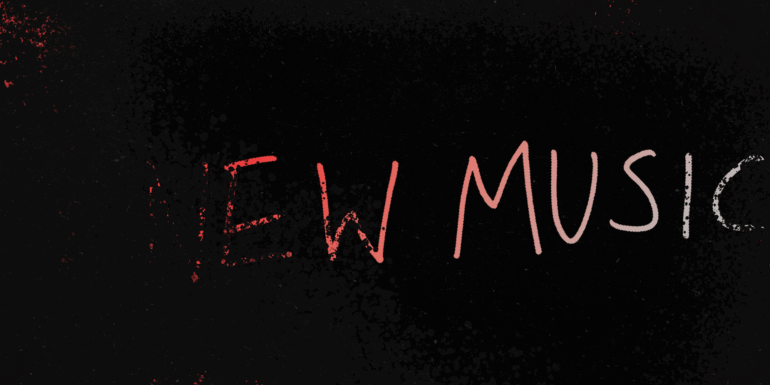

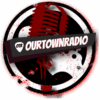


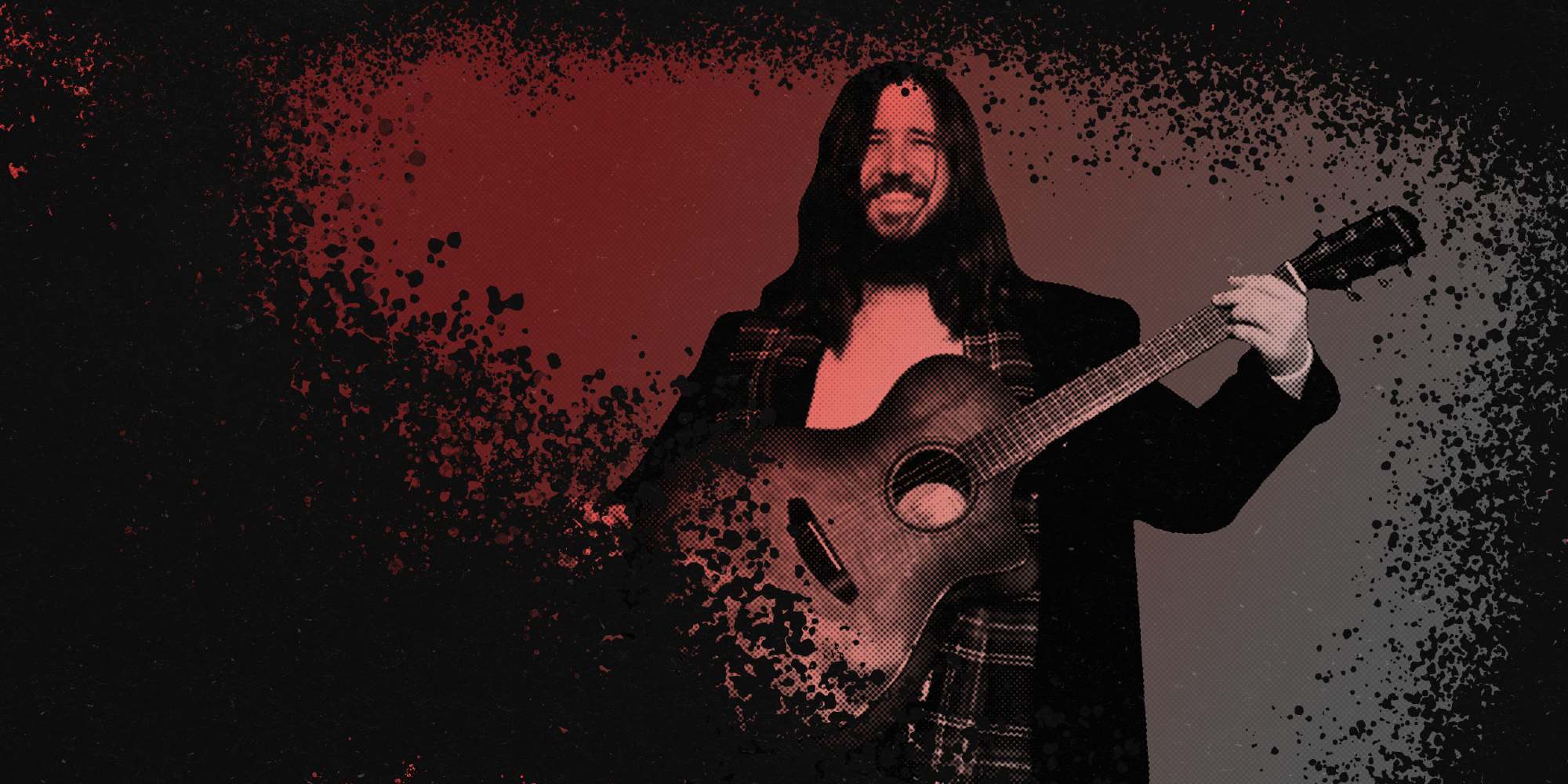
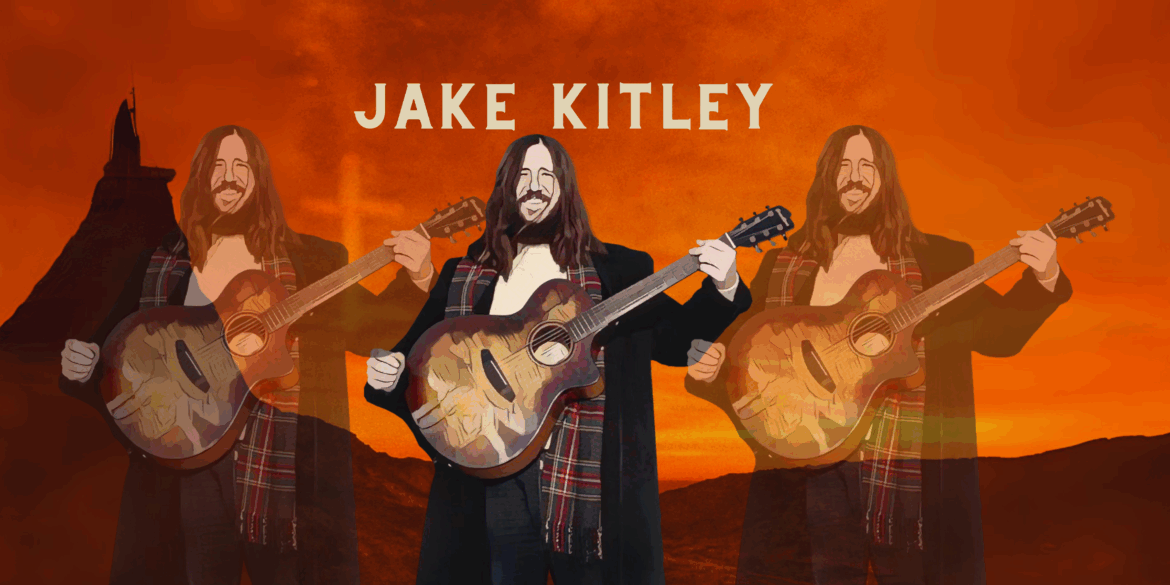
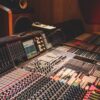
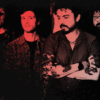
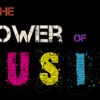
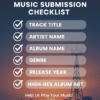
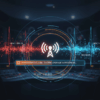
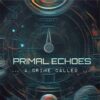
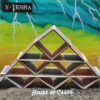
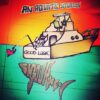
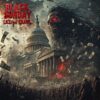
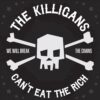
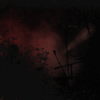
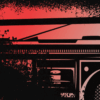
Post comments (0)